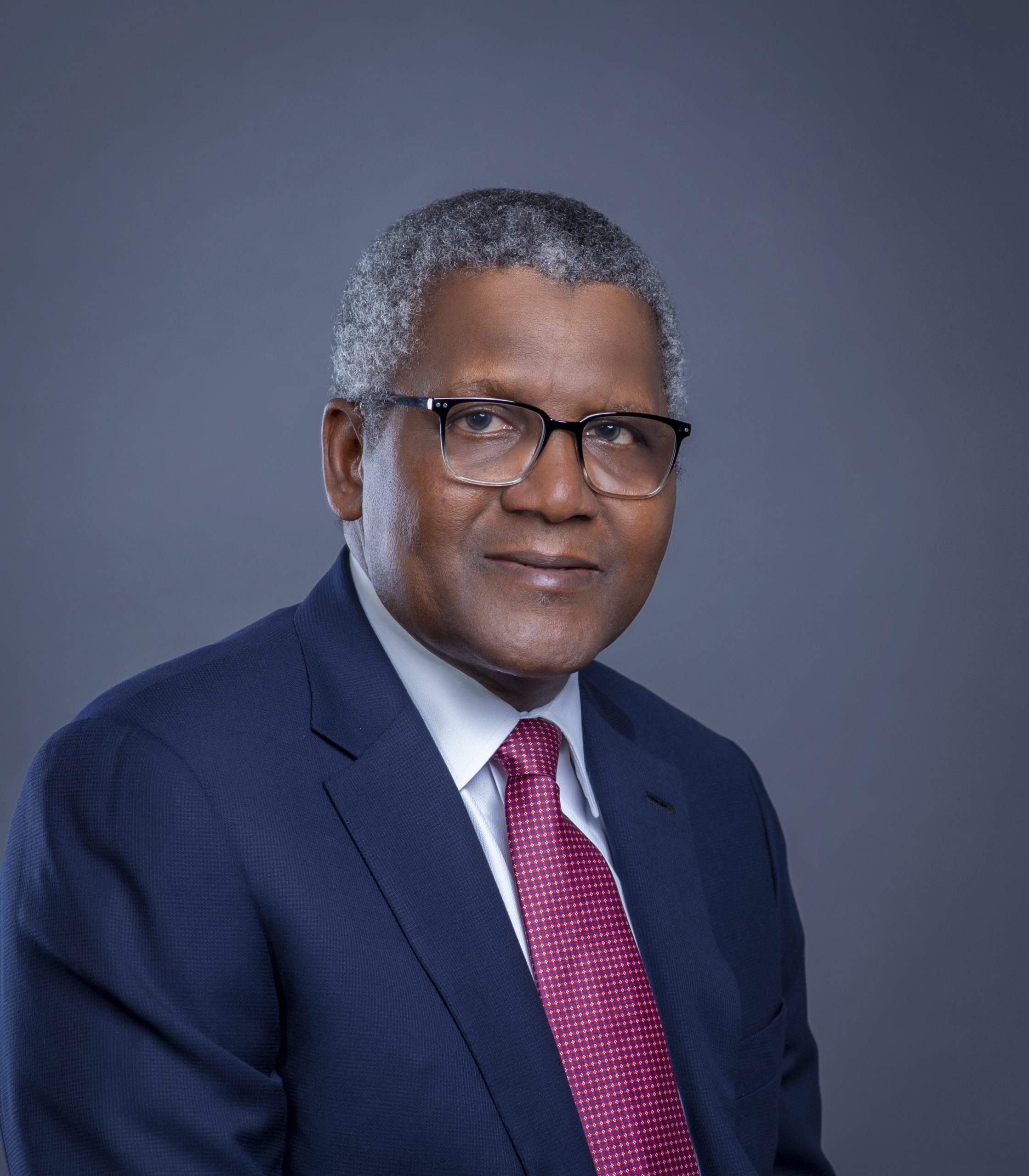
It said this was necessary to allow citizens “shape its final outcome as there is an elaborate process which the bill must undergo before it becomes a law”.
Last Wednesday, the bill seeking to curb frivolous petitions, false allegations and statements in the social media passed second reading.
Presenting the bill entitled ‘A bill for an act to prohibit frivolous petitions, and other matters connected therewith, 2015 (SB. 143)’, Bala Na’ Allah, deputy senate leader, explained that the aim of the bill was to bring sanity into the system, and make way for “credible and verifiable” petitions.
“Where any person in order to circumvent this law makes any allegation and or publishes any statement, petition in any paper, radio, or any medium of whatever description, with malicious intent to discredit or set the public against any person or group of persons, institutions of government, he shall be guilty of an offence and upon conviction, shall be liable to an imprisonment term of two years or a fine of N4m,” the bill states.
“Where any person, through text message, tweets, Whatsapp or through any social media post any abusive statement knowing same to be false with intent to set the public against any person and group of persons, an institution of government or such other bodies established by law shall be guilty of an offence and upon conviction, shall be liable to an imprisonment for two years or a fine of N2m or both fine and imprisonment.”
The bill further stated that a petitioner must have a sworn affidavit to back up his claim in a petition.
“Notwithstanding anything contained in any law, it shall be an unlawful to submit any petition, statement intended to report the conduct of any person for the purpose of an investigation, inquiry and or inquest without a duly sworn affidavit in the high court of a state or the federal High court confirming the content to be true and correct and in accordance with the Oaths Act,” it says.
Reacting on Sunday, Senate spokesman, Aliyu Sabi, said that some of the attacks on the bill “emanated from misconception and misunderstanding of the objective which is meant to protect all individuals and institutions, including journalists and social media users.”
“The senate is committed to freedom of speech and a fully inclusive and participatory democracy. The process of passing a bill is comprehensive and provide for inputs to be taken from all and sundry.
“The first stage is merely to read the short title of the bill. The second stage is purely to debate the general principles.
“The next stage is committal of the bill to appropriate committee or committees for further detailed legislative action where the details, intendment and clause by clause implications of the bill are dissected by the committee.
“This stage also involves public hearing in which members of the public, civil society, non-governmental organizations and all interested parties for or against the bill have the opportunity to shape and influence its content.
“The outcome from this committee stage is what will be finalised and then represented to the chamber for clause by clause consideration and approval or disapproval by the senate.
“Thereafter, if the bill is approved, then the clean version of the bill is forwarded to the house of representatives for concurrence or otherwise.
“Accordingly, the senate wants to re-assure the public about this. So, all those who are either for or against this bill or its part and any other one have ample opportunities to reshape it,” he said.
He assured that the eighth senate was conscious of its responsibility to the people and would not do anything that would stifle participation and inclusion.
“We will always ensure we pass laws, which meet best practices across the world and indeed democratic scrutiny. Suggesting that the senate wants to pass a law not even practiced in China etc is being mischievous,” he added.
“This senate is people-centred, pro-poor and participatory. We will always act in the best interest of the citizenry. In this regard, we are totally committed to performing our duties and discharging our responsibilities without let or hindrance.
“All those spreading hate campaigns as a result of the anti-frivolity bill, hauling insults at and making derogatory comments on senators of the federal republic of Nigeria and the institution of the Senate are advised to key into the elaborate legislative process that a bill must pass through before becoming law if they are interested in shaping the outcome of the bill.
“This is the right way to go and part of the change we all aspire for our democracy.
“The eighth senate is totally committed to protecting the liberty of all Nigerians and the independence of the Senate and the legislative arm of government as we deepen our democratic journey.”





 Business6 months ago
Business6 months ago
 celebrity radar - gossips4 months ago
celebrity radar - gossips4 months ago
 celebrity radar - gossips4 months ago
celebrity radar - gossips4 months ago
 Business3 months ago
Business3 months ago









You must be logged in to post a comment Login